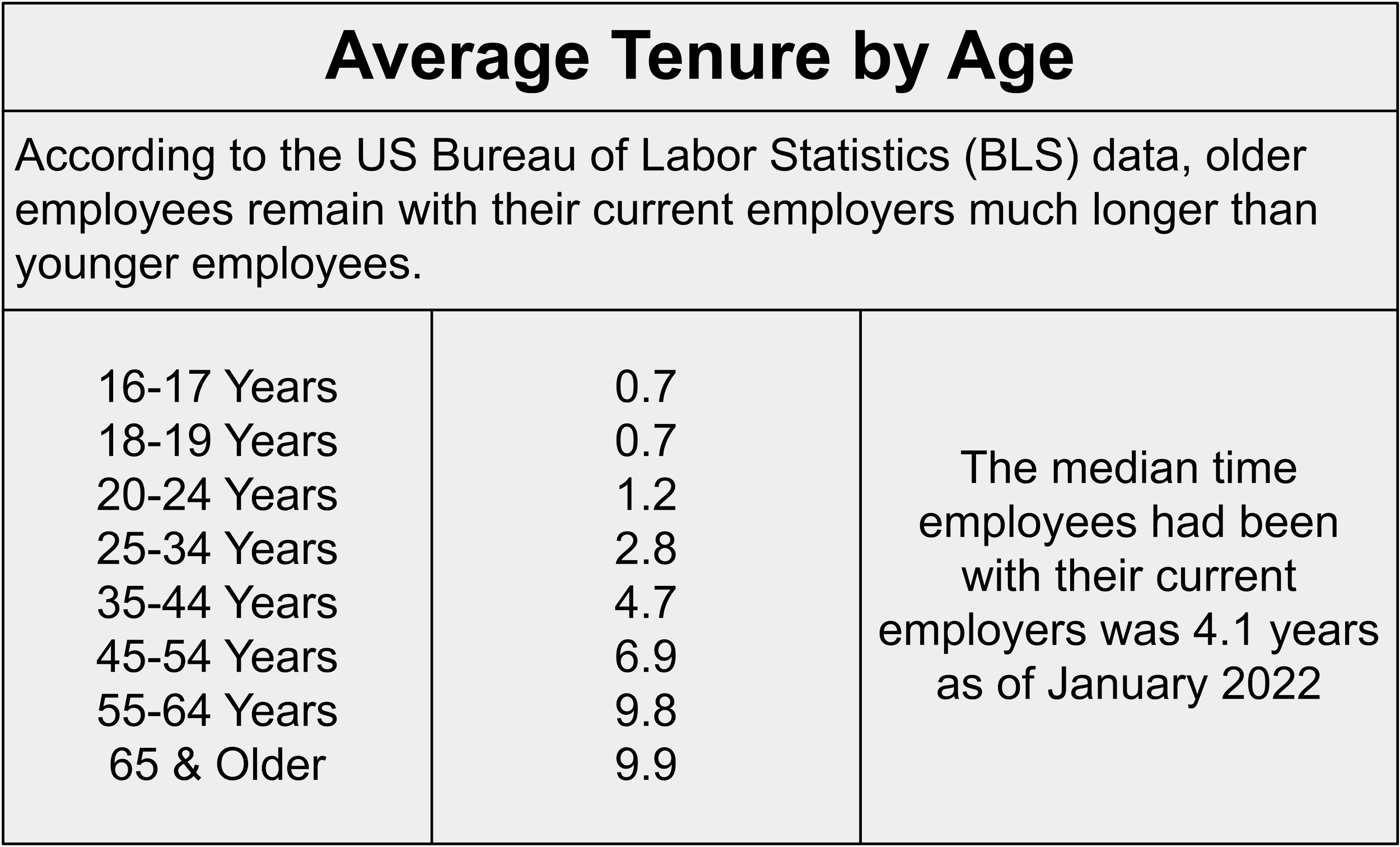Don’t Fall Into the Group Life Insurance Trap
Securing a stable financial future can seem daunting in the bustling world of young professionals, where career trajectories shift like the latest tech trends, and job changes are as common as morning coffee runs. Amidst the whirlwind of promotions, relocations, and burgeoning responsibilities, one crucial aspect often gets sidelined: life insurance. While group life insurance provided by employers might seem like a convenient safety net, its temporary nature often leaves a gap when you make the inevitable leap to new opportunities. Enter Whole Life Insurance—a steadfast, reliable option that offers lifelong coverage and brings a treasure trove of additional benefits. Imagine a financial tool that evolves and grows with you, much like your career. Whole life insurance is designed to be that unwavering companion in your financial journey. Unlike its temporary counterpart, group life insurance evaporates when you switch jobs, whole life insurance provides permanent coverage. This means peace of mind throughout all your career changes, ensuring your loved ones are always protected.
Moreover, whole life insurance isn’t just about coverage but also investment. With cash value accumulation, it acts as a savings vehicle, growing over time and providing a financial cushion you can tap into when needed. For young professionals, this dual advantage of protection and savings makes whole life insurance indispensable to a robust financial plan. Ready to delve deeper into why whole life insurance beats Group Life Insurance? Let’s explore the compelling reasons why this should be a cornerstone of your financial strategy.
Comparison
When comparing Group Life Insurance to Whole Life Insurance, it's crucial to understand the fundamental differences between these two types of insurance policies. Whole Life Insurance provides permanent coverage, offering a sense of security that lasts a lifetime, unlike Group Life Insurance, which employers typically provide for a specified period. One significant advantage of Whole Life Insurance is its cash value component. This feature allows policyholders to accumulate savings over time, providing a valuable asset that can be accessed during emergencies or as a source of retirement income. In contrast, Group Life Insurance usually does not offer this cash value benefit.
Young professionals, in particular, can benefit from purchasing Whole Life Insurance early in life. By starting a policy at a younger age, individuals can lock in lower premiums and build substantial cash value over time. This can serve as a foundation for future financial planning and security.
In addition to the cash value aspect, Whole Life Insurance provides a guaranteed death benefit, ensuring that loved ones are financially protected during the policyholder's passing. This permanent coverage brings peace of mind and is a long-term investment in one's financial future. On the other hand, Group Life Insurance may be a more affordable option initially, especially for those who have coverage through their employers. However, it's essential to consider the limitations of group policies, such as coverage ending upon leaving the job or the inability to customize the policy to meet specific needs.
In conclusion, understanding the basics of Group Life Insurance versus Whole Life Insurance is key to deciding which type of policy best suits your needs. While Group Life Insurance may provide temporary coverage, Whole Life Insurance offers permanent protection, cash value accumulation, and long-term financial benefits, making it a valuable investment for young professionals.
